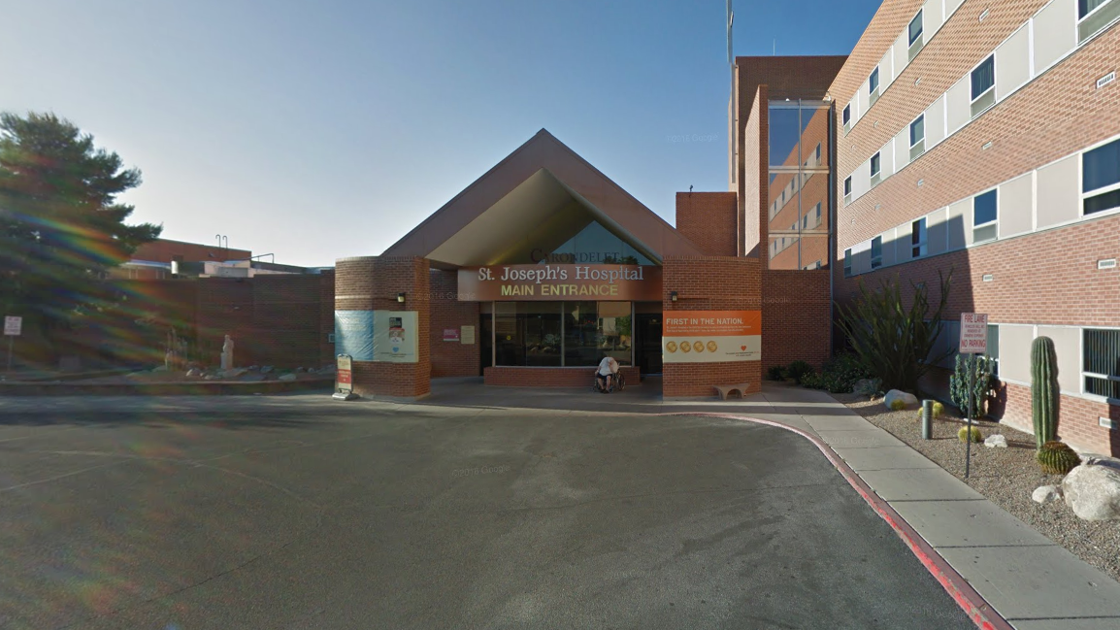Fear and Uncertainty in Arizona Hospitals: Immigration Enforcement Concerns Grow

Immigration Enforcement Sparks Anxiety in Arizona Hospitals
The recent arrest of an undocumented Tucson resident by border agents outside a local hospital has sent ripples of concern throughout the healthcare community in Arizona. Providers and patients alike are grappling with the delicate balance between protecting patient privacy and safety, and cooperating with federal law enforcement. This incident highlights a growing tension in the state, where the expansion of immigration enforcement is increasingly impacting access to vital healthcare services.
A Growing Concern: The Impact on Patient Care
The arrest, which occurred outside a Tucson hospital, has prompted a wave of anxiety among healthcare professionals. Many worry that patients, particularly those who are undocumented or fear deportation, will be hesitant to seek medical attention, even in emergency situations. This reluctance could lead to delayed diagnoses, worsening health conditions, and ultimately, poorer health outcomes for vulnerable populations.
“We’re deeply concerned about the chilling effect this will have on our patients,” stated Dr. Maria Rodriguez, a physician at a Tucson clinic. “People need to feel safe and trust that they can come to us for care without fear of being reported to immigration authorities. This incident undermines that trust.”
Navigating a Complex Legal Landscape
Hospitals and healthcare providers find themselves caught in a complex legal landscape. While they are obligated to cooperate with law enforcement, they also have a legal and ethical duty to protect patient privacy and confidentiality. The Health Insurance Portability and Accountability Act (HIPAA) provides certain protections for patient information, but the extent to which these protections apply when interacting with immigration officials is still being debated.
Legal experts emphasize that hospitals cannot be compelled to assist in immigration enforcement unless presented with a valid court order. However, the ambiguity surrounding these issues has created confusion and uncertainty among healthcare providers.
Protecting Patients: Strategies for Healthcare Providers
In response to these concerns, several organizations are working to educate healthcare providers about their rights and responsibilities. Here are some strategies that hospitals and clinics are considering:
- Training Staff: Providing ongoing training to staff on HIPAA regulations, immigration law, and best practices for interacting with patients who may be concerned about immigration enforcement.
- Reviewing Policies: Revising hospital policies to explicitly state that healthcare providers will not cooperate with immigration enforcement without a valid court order.
- Legal Consultation: Consulting with legal experts to ensure compliance with all applicable laws and regulations.
- Advocacy: Advocating for policies that protect patients' access to healthcare and prevent the misuse of immigration enforcement in healthcare settings.
Looking Ahead: A Call for Clarity and Protection
The situation in Arizona underscores the urgent need for greater clarity and protection for patients in healthcare settings. Healthcare providers, policymakers, and community leaders must work together to ensure that all individuals, regardless of their immigration status, have access to the medical care they need. Failing to do so will not only harm vulnerable populations but also undermine the health and well-being of the entire community.
The ongoing debate highlights a fundamental question: How can we balance the need for law enforcement with the essential right to healthcare? The answer lies in upholding the principles of patient privacy, confidentiality, and ensuring that fear does not become a barrier to receiving life-saving medical care.




